Incessant hair falls or thinning of hair has an incredible solution. And that is hair transplantation. You can restore your hair texture with a simple surgical procedure. A BodyExpert shall suggest this procedure to overcome the trouble of baldness too.
A hair transplant is a treatment that requires you to take some precautions before and after the surgery. Read the article further about the protective measures during pre and post-hair transplant treatment.
Hair Transplantation – Who Can Opt for it?
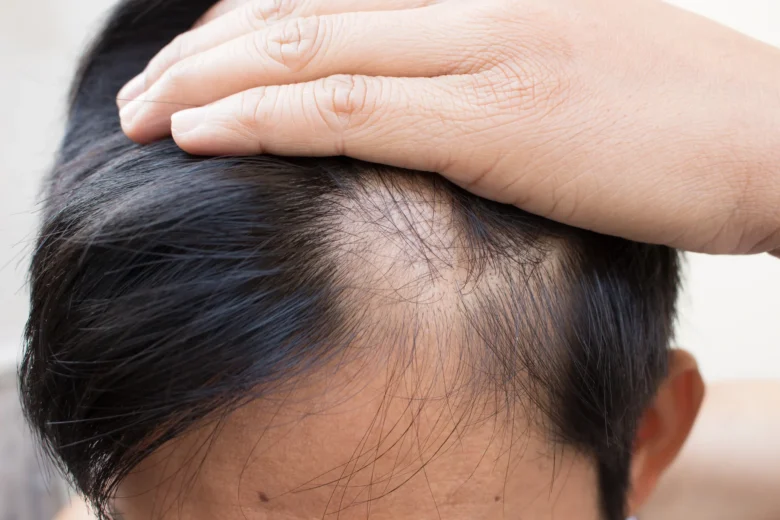
Source: newsopener.com
Firstly, we should understand who can undergo this treatment. Of course, few health conditions may cause hair fall. However, you must be at least 21 years to undergo this treatment. In addition, the physician shall look for other factors like
- Health condition of the patient
- Scalp condition
- Hair density
These factors help the expert decide on the type of hair transplant treatment for the patient.
Secondly, if you are suffering from any of the conditions, then you must opt for a hair transplant
- Male pattern baldness
- Women with hair fall problems and subsequent baldness
- A person suffering from loss of hair or baldness due to sickness or fire injury
Besides this, some people have baldness in the crown alone. Also, a few people have different hair conditions. Such people can also opt for hair transplants.
Finally, the physician shall suggest the hair transplant if and only if
- The patient has a stable donor area
- The donor’s hair is sufficient for the treatment and future as well
Pre-Hair Transplant Care and Instructions
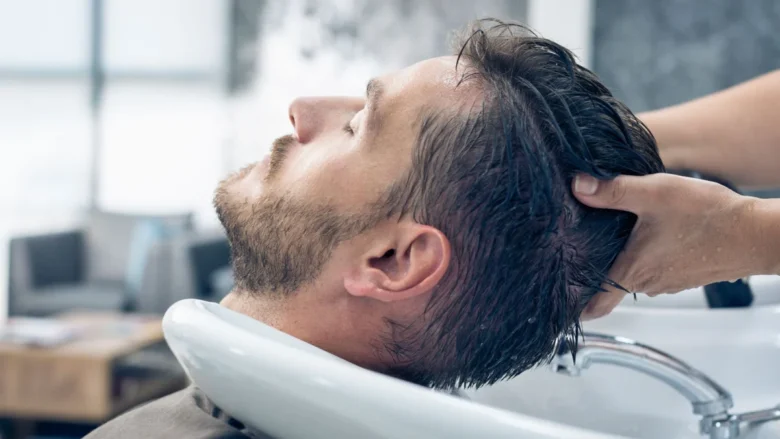
Source: mensjournal.com
The hair Transplant procedure requires pre-treatment care. This will be of great help for the treatment to be successful. Though the doctors may suggest you the care instructions, not many follow them. As such, pre-treatment care helps you not feel uncomfortable during the procedure. One must start this pre-treatment care at least 10 days before the surgery.
Anti-Inflammatory Medicines
Avoid taking medicines that shall cause blood thinning. Anti-inflammatory tablets like Aspirin, Advil or any other pain killer are not advisable. Further, please avoid consuming any vitamin tablets like vitamins B and E.
Herbal medications are a strict No. Any medicine that causes the blood flow to thin may cause discomfort during the treatment.
Steroids and Cortisones
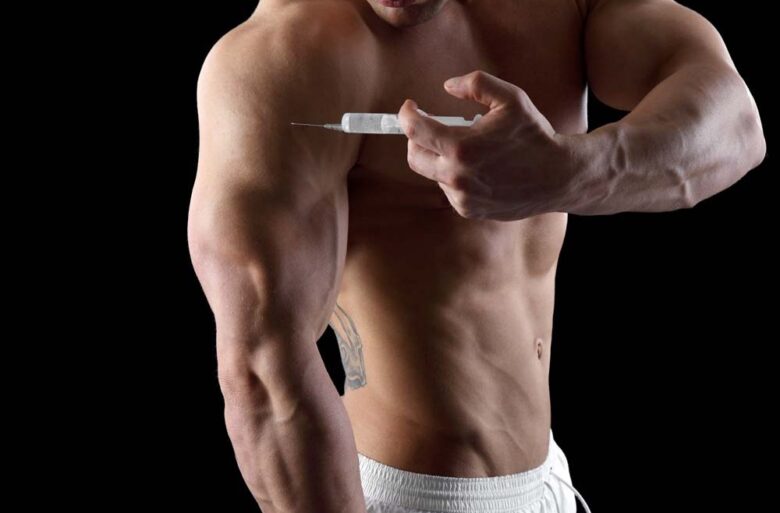
Source: hrtguru.com
They can cause bleeding during hair transplant surgery. Steroids cause the skin to be light and may cause excessive bleeding. The same goes for hydrocortisone creams.
No Alcohol and Stop Smoking
Consumption of alcohol may cause the internal blood vessels too weak. This also causes bleeding and it may be profuse for a lot of people. Also, smoking causes the blood vessels to shrink and the blood oozes out quickly when there is a cut on the scalp.
A day before the treatment, follow these instructions for safe and smooth surgery.
- Get adequate sleep
- Do not use any hair gel, spray or cream
- Consumption of medicines suggested by the doctor
On the treatment day, follow the instructions given below
- Wash your hair with a mild shampoo
- Have light breakfast
- Avoid caffeine
- Do not wear any hair accessories or use any hair styling products
- Do not indulge in any workout activities
Take the medicines prescribed by the doctor. Wear a buttoned shirt or an old T-shirt. As the physicians recommend the removal of the T-shirt or the Shirt once, the treatment is complete.
Post-Hair Transplant Care and Instructions
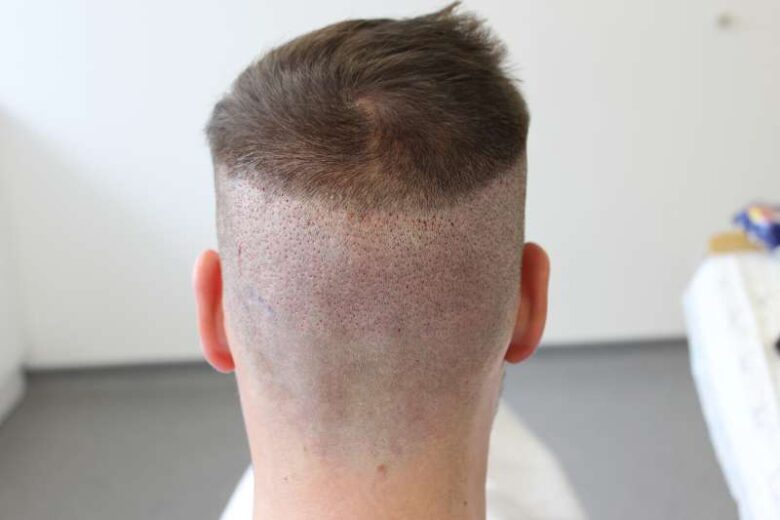
Source: themaitlandclinic.com
As with any treatment, a hair transplant requires care after the procedure. The initial days after the treatment is a bit difficult. You may feel uncomfortable, as the scalp shall be tender. Moreover, it may pain or itch, but you mustn’t scratch your head.
One may divide the post-hair transplant care into two phases
- Initial Phase
- Later Phase
The initial phase is the first 2 days after the treatment. You will be wearing a bandage on your head for a day. The instruction is to keep the bandage overnight. After a day, you have to remove the bandage from the head. This may cause swelling if you do not remove it.
After two days, you will have to start cleaning your hair. You must clean the donor area first. Though, you may pour water both on the donor as well as the recipient area, please do not use a towel to dry it.
Once, you start cleaning it, from the very next day you can use anti-microbial shampoo. This is an essential step suggested by the body expert. Using mild shampoo shall remove the excessive scalp flakes. This shall avoid infection too.
General Post-Hair Transplant Care and Instructions
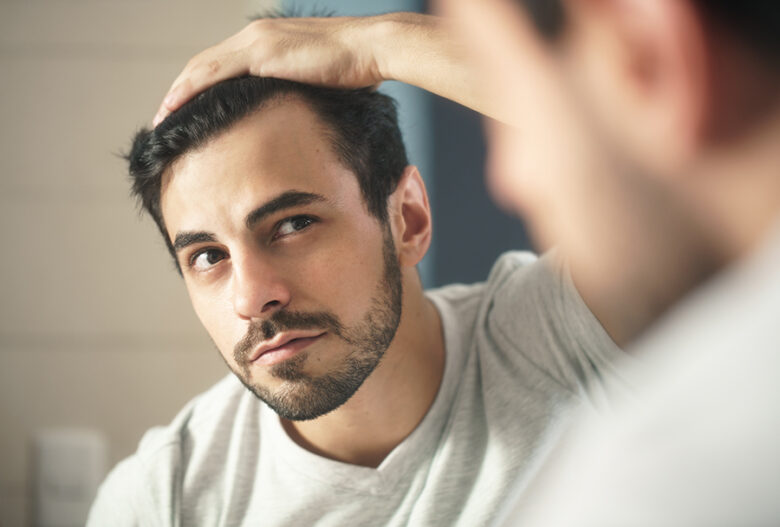
Source: aad.org
You must sleep keeping your head in an elevated position. That means to say, using a couple of pillows or even a towel to raise the pillow height. The transplant shall remain intact. Further, the blood flow shall be seamless.
Please use the medicines, shampoo and conditioner as prescribed by the doctor. You must use them for 15 days post the treatment. Do not expose your head to sunlight for a month. Or at least for 3 weeks.
Do not indulge in any strenuous workout activities. Also, avoid swimming during this period. Do not consume any painkillers other than the ones suggested by the doctor. Consume the tablets timely to avoid any complications.
The doctors shall prescribe antibiotics and other medications. The medications shall be of strong dosage. Do not consume alcohol during the post-care period. Please take care of the recipient area and do not scratch it too.
Conclusion
A Hair Transplant is not a difficult treatment these days. With modern techniques and technology in place, it has become an easy procedure. Further, the time taken for such treatments is more. You need to stay patient. Expert physicians shall suggest the best procedure for you. It is important to select the right clinic while opting for a hair transplant.
The precautions are of utmost necessity. After all, who needs to be uncomfortable during the treatment. Take the precautions seriously and you can confidently wait for desired results. Experts reckon to have a detailed consultation with the doctor before deciding on the treatment

